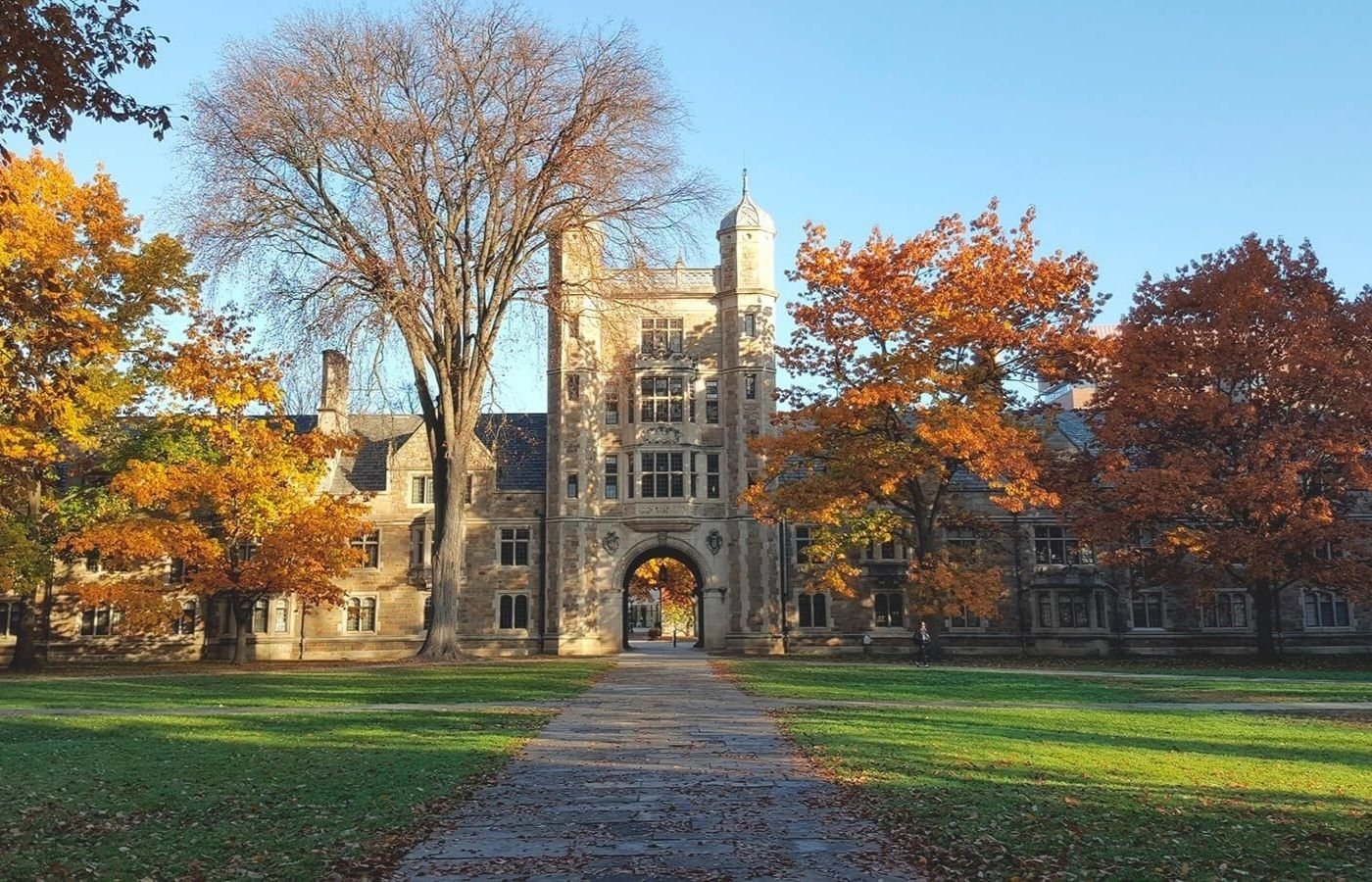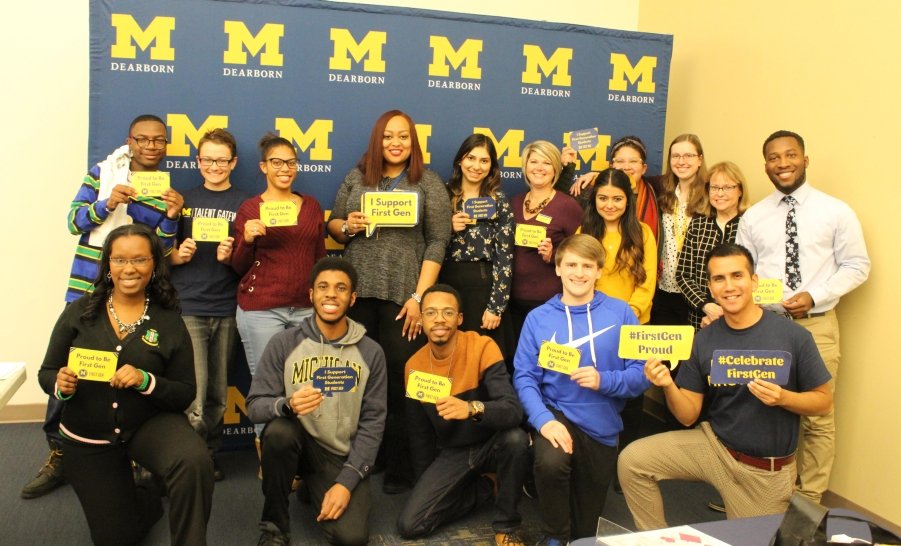Advertisements
What if one prestigious opportunity could transform your career and it’s 100% funded? The University of Michigan African Presidential Scholars Program 2025–26 is back, and it’s opening doors that few ever get the chance to walk through. Designed for emerging African faculty, this elite program offers more than just research funding it provides mentorship, resources, and global visibility at one of the top U.S. universities. Could you be one of them? Keep reading to uncover the life-changing details and how to claim your spot before it’s too late.
The University of Michigan is dedicated to international research and teaching partnerships in a variety of disciplines, including engineering, economics, literature, and the social sciences, as seen by the University of Michigan African Presidential Scholars Program. Through this scholarship, African researchers can expand their research breadth, improve their academic credentials, and create funding proposals. An academic partner, free housing, travel expenses, a living stipend, a research allowance, and access to a dedicated office space are among the perks. Additionally, researchers can showcase their findings to the University of Michigan community.
The University of Michigan African Presidential Scholars Program funds some African-focused research projects. Research in the arts and humanities that examines African cultures and histories is funded by the African Heritage and Humanities Initiative (AHHI). Gender, poverty, development, health, and governance are the main areas of concentration for the African Social Research Initiative (ASRI). To tackle global issues, the STEM-Africa Initiative encourages scientific research. These programs encourage academic achievement and give African academics a forum to help address global problems.
Advertisements
Read Also: University of Ottawa Scholarships 2025-26 in Canada
About the University of Michigan

The University of Michigan was established in 1817, before Michigan was even a state, and in 1837 it relocated from Detroit to its current Central campus in Ann Arbor, becoming one of the country’s leading research universities. The 780-acre Michigan complex includes two regional campuses, a center in Detroit, and the Central and North campuses. Most of its 46,000 students are undergraduates, making up two-thirds of the total.
Advertisements
In addition to doctoral degrees in the social sciences, humanities, and STEM (science, technology, engineering, and mathematics) fields, the university’s vast graduate program offers professional degrees in dentistry, social work, public health, pharmacy, medicine, law, architecture, and business. Michigan’s outstanding research standards have earned it acclaim.
With more than half a million surviving alumni, Michigan has one of the largest alumni bases of any university in the world and is a great place for current students to network and make business contacts. Family living is primarily designed for graduate students, and many residence halls serve undergraduates. A quarter or so of all students live on campus. Off-campus housing options include houses, apartments, and cooperatives; these often house graduate and upper-division students.
Furthermore, residence halls have “theme communities” where students can socialize with like-minded people. Michigan has more than 1,600 clubs and societies, as well as engineering project teams, volunteer groups, and charitable initiatives. The University of Michigan Men’s Glee Club, a men’s choir with over 100 members, and the Michigan Marching Band, which has 350 student members and has been in existence for almost a century, are two notable musical organizations.
Student activism has a long history in Michigan, where there are many organizations focused on various important causes. Some groups, like United Students Against Sweatshops (USAS), concentrate on more left-wing concerns, like holding multinational businesses accountable for mistreating their workers in factories, while other groups, like Young Americans for Freedom, are conservative and nonpartisan.
Advertisements
Read Also: Purdue University Admission 2025: Requirements, Deadlines & Process
University of Michigan African Presidential Scholars Program 2025–26: Shaping Africa’s Academic Future
In a powerful effort to bridge continents through knowledge, the University of Michigan African Presidential Scholars Program continues to spotlight early-career faculty from African universities in 2025–26. Spearheaded by the African Studies Center, this fully funded initiative offers rising scholars a rare opportunity to advance their research, receive world-class mentorship, and engage in meaningful academic exchange at one of America’s premier research institutions.
Each year, select scholars from across Africa are paired with University of Michigan faculty for intensive collaboration within their fields, ranging from public health and environmental science to the social sciences and humanities. While on campus, scholars gain full access to cutting-edge resources, participate in vibrant academic seminars, and share their research with a global community.
Beyond research, the University of Michigan African presidential scholars program champions long-term impact, empowering scholars to return home with enriched expertise, new networks, and the tools to elevate their institutions through sustained, cross-continental partnerships.
Advertisements
Read Also: Fully Funded DAAD Scholarships in Germany 2025-26
The University of Michigan African Presidential Scholars Program Advantages include:
- The university’s research centers, labs, libraries, and other resources are available to scholars, enhancing their research experience.
- Free accommodation that includes a private bathroom and a room.
- Reimbursement for domestic travel costs to Michigan.
- Permission for research to help fund scholarly endeavors.
- A living stipend to help with everyday costs while completing the residency.
- A five-month stay at the University of Michigan for research.
- Access to research facilities and cooperation with U-M academics.
- A dedicated workspace for concentrated research.
- Opportunities to communicate research findings to the U-M community.
- To create lasting professional relationships, scholars are urged to interact with a global network of researchers, academics, and politicians.
- A faculty mentor from the University of Michigan is assigned to each scholar to help and advise them during their academic and research endeavors.
Read Also: Southern Methodist University: Admissions, Tuition, Programs & Campus Life
The University of Michigan African Presidential Scholars Program Eligibility Requirements are as follows:
The University of Michigan African Presidential Scholars Program is extremely competitive, and to be considered, applicants must fulfill certain requirements:
- Early-career academics from African universities.
- Faculty members in their early careers who have excelled in their discipline are ideal candidates. Usually, a master’s degree or above is necessary.
- UMAPS supports scholars in a range of disciplines, including (but not limited to) social sciences, environmental studies, public health, and the humanities.
- Applicants should exhibit a significant aptitude for academic leadership and research.
- Special attention may be given to academics whose work complements current University of Michigan research.
- English language proficiency is necessary for academic cooperation.
- Applicants must be able to live at the University of Michigan for five months.
Required Documents:
Updated curriculum vitae (CV)
Research proposal
Proof of English language proficiency (if applicable)
Advertisements
Read Also: Harvard University Free Online Courses 2025-26
Application Process for the University of Michigan African Presidential Scholars Program 2025-26?
The UMAPS application procedure necessitates meticulous planning and close attention to detail. The following is a breakdown of the steps:
- Examine the program’s eligibility standards to be sure you meet them all, including being a Ph.D. or a comparable early-career academic from a university in Africa.
- Assemble the necessary application materials, such as your resume, research proposal, recommendation and support letters from your home school, statement of purpose, and evidence of your English language skills.
- Fill out the online application: Go to the University of Michigan’s UMAPS program page. Fill up the online application by entering the required academic and personal data.
- Upload Necessary Files: Include all necessary files with your online application. Verify that every file is within the allotted size and format.
- Submit the application: Make sure all the information on your application is correct and comprehensive by carefully reviewing it. After you’re happy, send in your application before the cutoff.
- Await Notification: After submitting your application, watch for its consideration by the selection committee. Those who are accepted into the program will get an email notification.
Application Tips:
Advertisements

